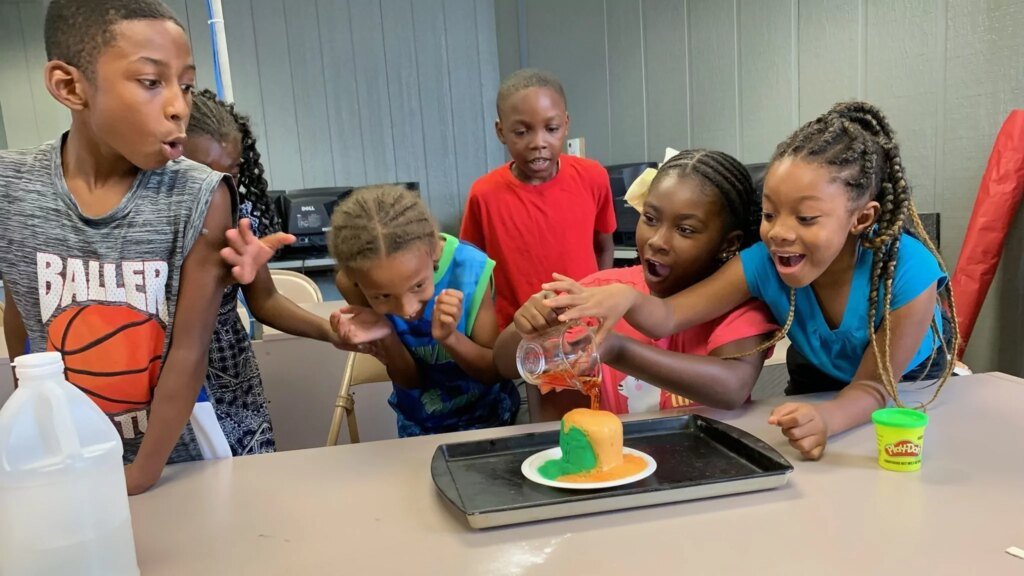Summer Learning Programs in Alabama Show Strong Participation and Gains
Thousands of students in Alabama took part in summer learning initiatives provided by local nonprofits this year. These programs, part of the Summer Adventures in Learning (SAIL), have demonstrated substantial academic improvements, with participants gaining over 2.1 months in reading and 1.6 months in math on average.
Research indicates that students who miss out on quality summer programs generally fall behind, losing more than two months of learning in both subjects. However, for 13 years, SAIL-aligned programs have effectively turned this trend around, promoting real academic progress.
SAIL’s framework supports independent programs in planning, measuring, and verifying their effectiveness. It is based on 22 research-backed quality indicators and offers 150 to 180 hours of programming. The focus is on maintaining small class sizes with certified teachers and integrating elements like healthy eating and social-emotional learning.
Jim Wooten, the chairman of SAIL, noted that summer learning looked quite different this year due to the expiration of federal pandemic relief funds. Many programs have been forced to cut back or shut down. “It’s essential to find alternative ways to support children. We’re proud to allocate nearly $1 million to community programs that provide safe and supportive environments for families,” he said.
This summer, a record total of 54 programs using SAIL’s framework operated across 84 locations in 31 counties, engaging over 2,900 students statewide. Notably, 86% of these students qualified for free or reduced lunch, with 82% completing the summer program, leading to an average daily attendance rate of 85%.
Founded in 2012, SAIL aims to enhance high-quality summer learning throughout Alabama. It assists nonprofits and community groups in implementing effective programs through assessment, peer learning, and funding opportunities. Since its inception, SAIL has contributed more than $11 million to summer learning initiatives, helping over 24,700 students combat summer learning loss.
Interestingly, SAIL encourages programs to develop their curriculum, allowing schools much-needed flexibility. By adopting summer camp and school best practices, they can tailor the experience to fit each student’s academic level and interests, ultimately creating a more holistic summer learning opportunity.
This year’s SAIL-affiliated sites included 23 programs run by Boys and Girls Clubs, and for the first time, all 13 participating organizations engaged in this effort. The Alabama Boys and Girls Club Alliance has also adopted SAIL’s quality standards, expanding its previously limited affiliation.







